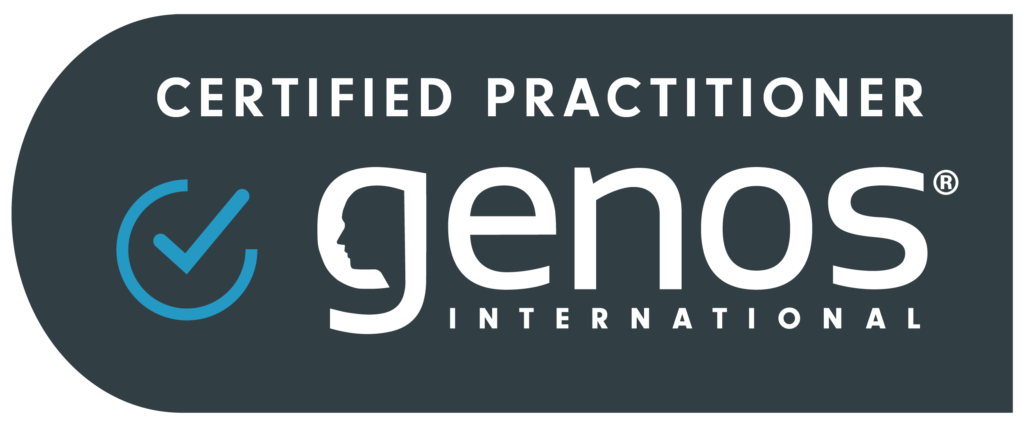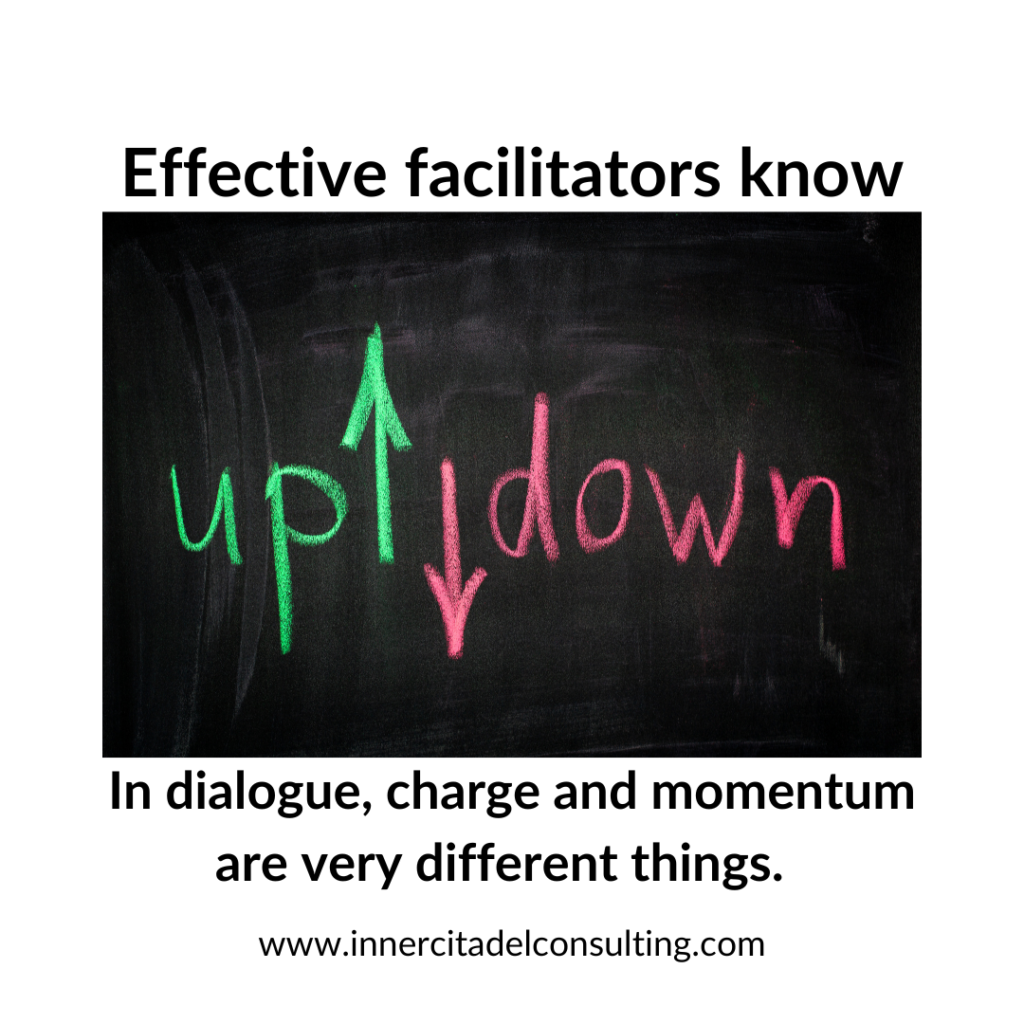A question popped into my mind today as I did my practice: “Can the ‘old’ leadership traits be repurposed?” The question might take some unpacking, but as I sat with it a bit, curious about where the thought came from, I realized the underlying concern. 1) The kinds of leadership qualities that lie behind the different kinds of responses to the COVID-19 crisis are connected to the incredibly complex machinery of human emotional, neurological, and social realities. 2) Those qualities in the right roles and contexts can drive positive change and growth. 3) Those qualities in the wrong roles and contexts, as has become increasingly apparent, can be deadly both literally and figuratively. Our world (in the West, at least) has now changed – how will leadership traits change?
Leadership traits theory is controversial and I’ve no interest in diving into that rabbit hole. The “great men” mentality of the 20th century can hopefully be trashed as soon as possible and I’d like to believe that leadership is more complex and locally determined than that. Even so, research is still showing that there are some essential truths: some traits are a pre-condition for leadership as it was understood; these traits are connected to our collective neurological/biological history. For example, Conrad (2020) shows that among young emerging leaders, after careful analysis and regression modeling, only extraversion, openness, and dominance predicted leader emergence. Welcome back “big man”; goodbye functioning groups. We need a new understanding, especially in highly complex institutions like Higher Education.
One likely lasting outcome of the COVID-19 pandemic, which will be reinforced when there’s a second wave or another virus, is the disruption and decentralization of work and workspaces (Johansen 2017 wins again). The need across all kinds of organizations at all levels for EI leadership will be acute. The solution can’t be to toss out the old leaders. First it’s a ridiculous solution, since these leaders, whose leadership traits and instincts may become less productive but are still valuable, are also the decision makers – they’re unlikely to throw themselves out the door. Nor should they because, second, knowledge of the business, relationships, and experience are the other keys to good leadership. But without addressing the leadership crisis in this moment, we are likely to lose momentum for change and lose our chance to be better. As soon as it is “safe” again, we may return to old habits … but in a changed world. What we need is for leaders to want to change, to be repurposed.
Here’s the hope in the situation: our brains are plastic and with time, focus, and consistency we can change quite a lot about the way we approach leading. Books like Leading Beyond the Ego and Leading Well From Within make excellent cases for the neurological basis of leadership transformation. Whatever your current leadership traits, you can enhance and develop the kinds of emotionally intelligent leadership traits we are all going to rely on and that we need to cultivate for the new work and life realities.
Here are four things you can do to prepare yourself to work with a coach.
1) Reflect on *why* you want to change not *what* – invested people will find their motivation for change sooner and feel it more strongly.
2) Begin or increase a mindfulness practice. The science clearly shows that visualization, focus, and a “calmer” brain will promote and stabilize the new neural pathways you will develop.
3) Begin or refocus your daily journaling to reflect on “reactive” moments in the day, the times when you made a decision on “instinct”, snapped at a colleague, or connected with them (or when you wanted to but didn’t). Become more aware of your feelings, your responses to those feelings, and the moments when you chose to respond rather than react.
4) Invest in yourself by choosing an executive coach who can support you (like International Coaching Federation certified coaches). Good Emotional Intelligence training holds up a mirror, but demands that we engage reason and discipline in order to see clearly – good coaching offers honesty, insight, inspiration to change, a plan to change, and accountability. You deserve both good coaching and good training.





